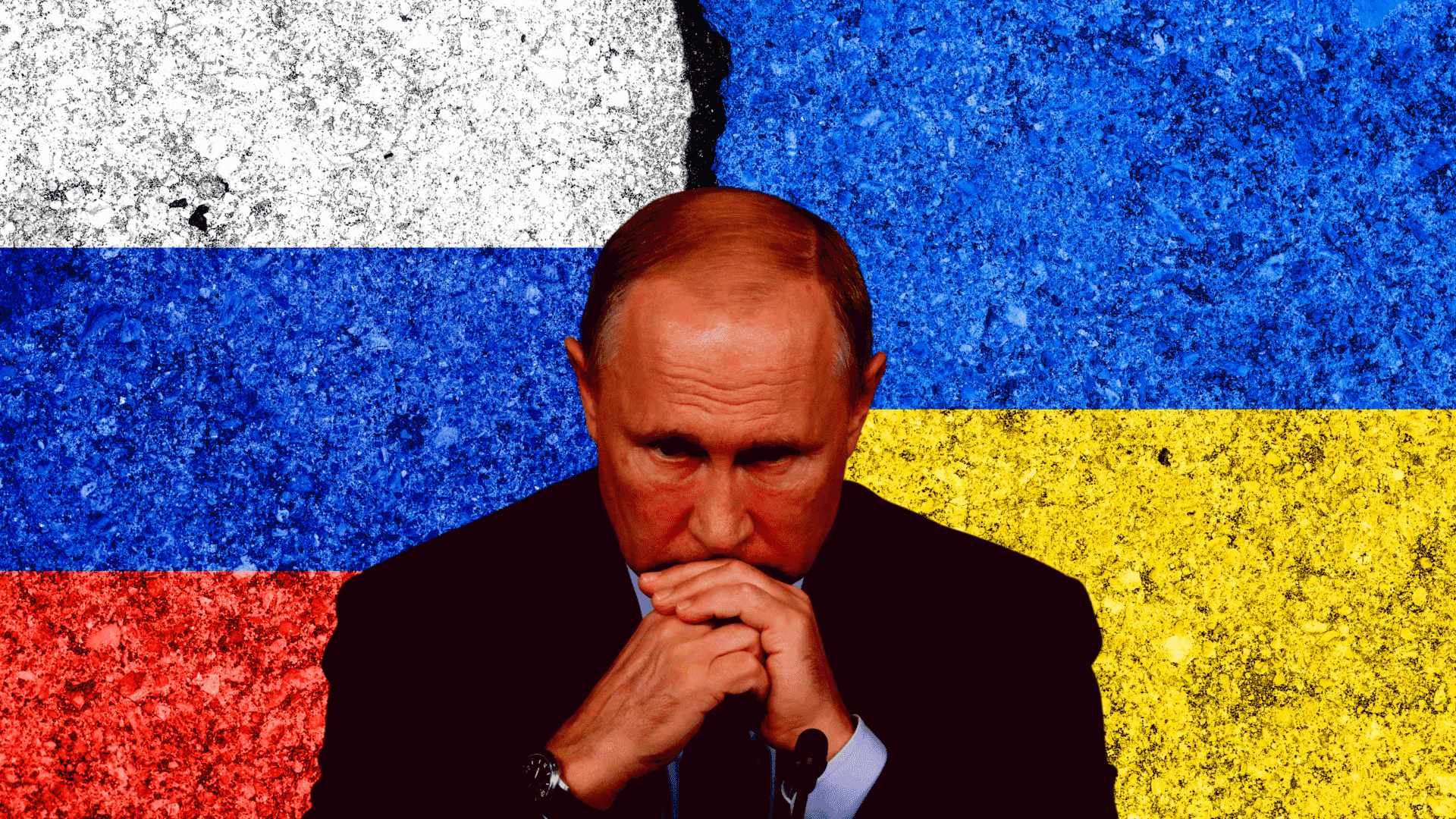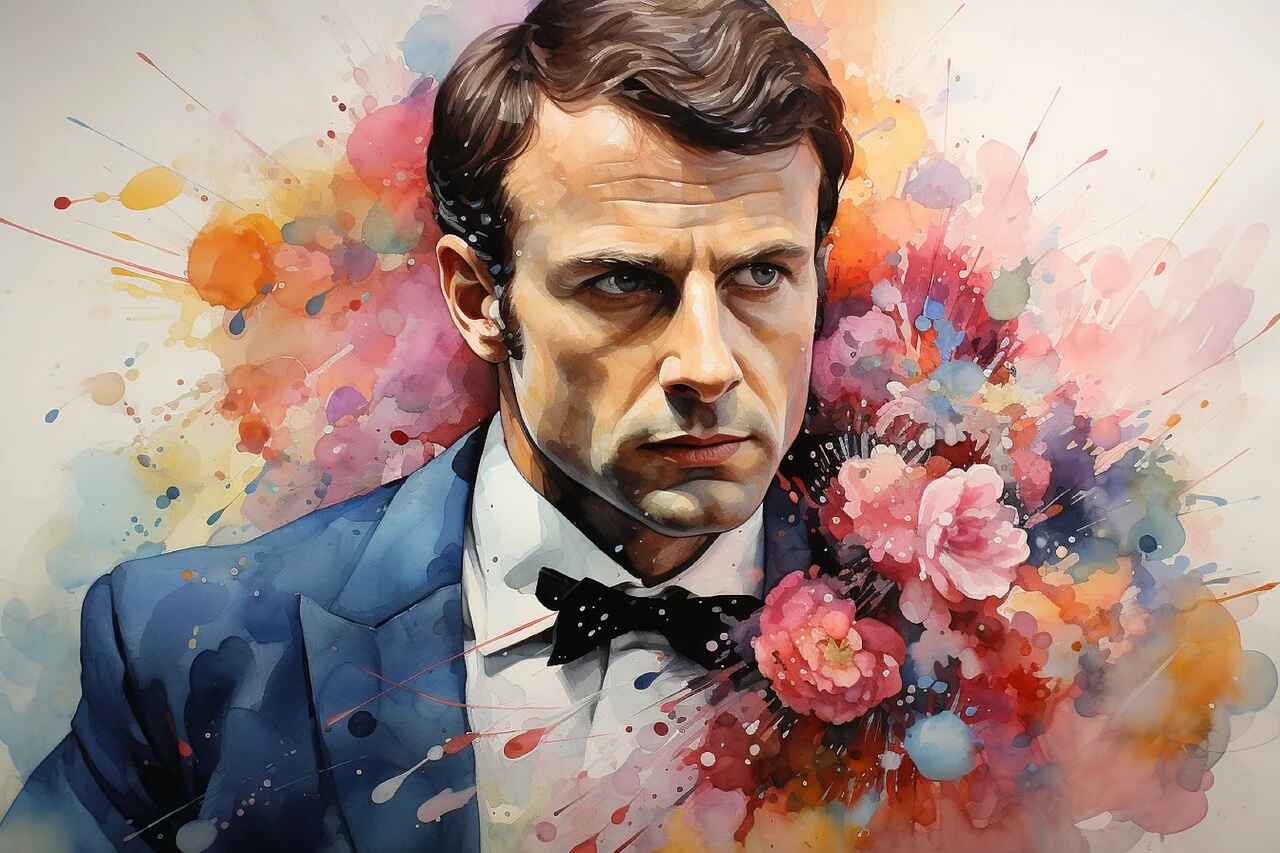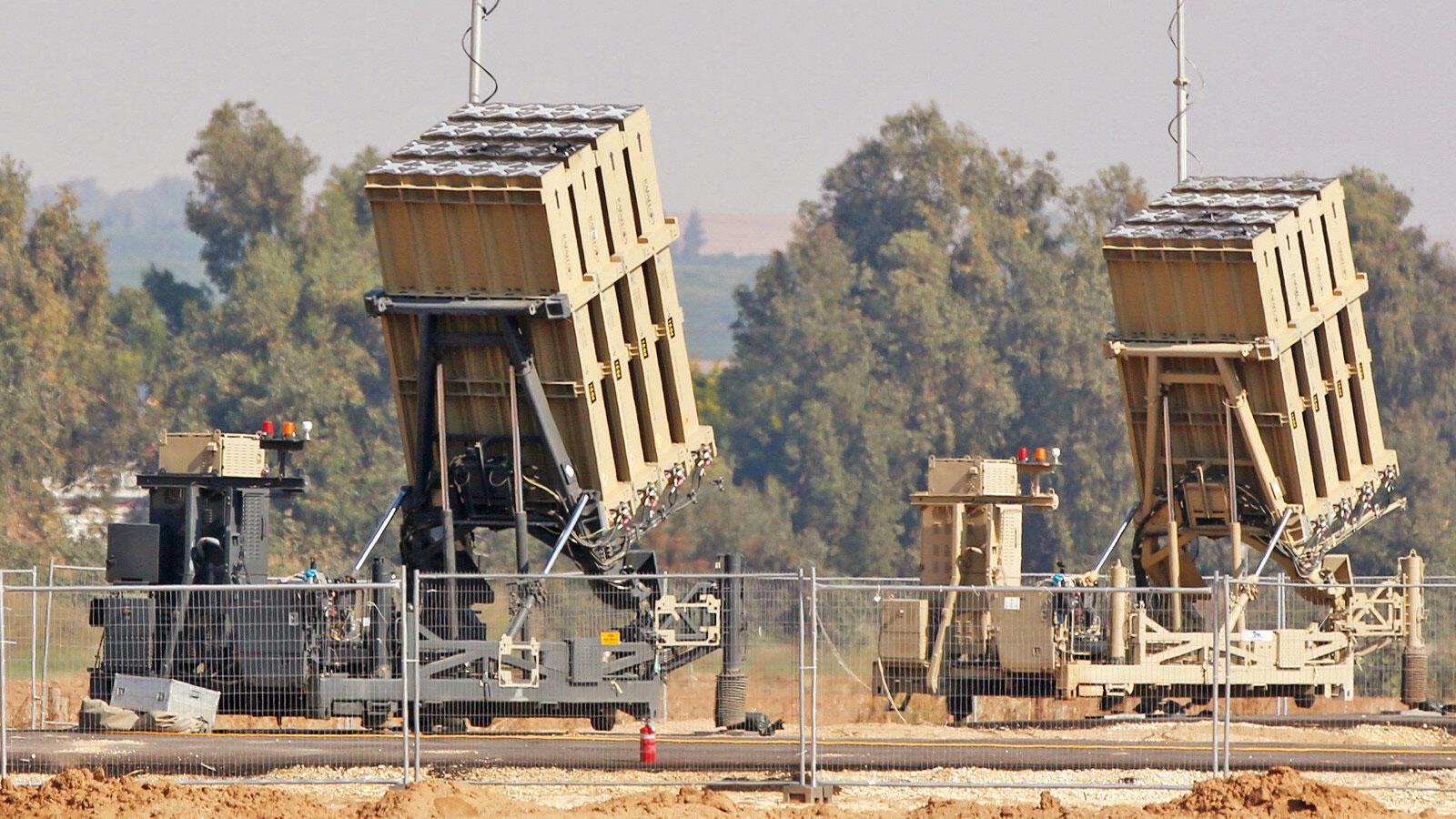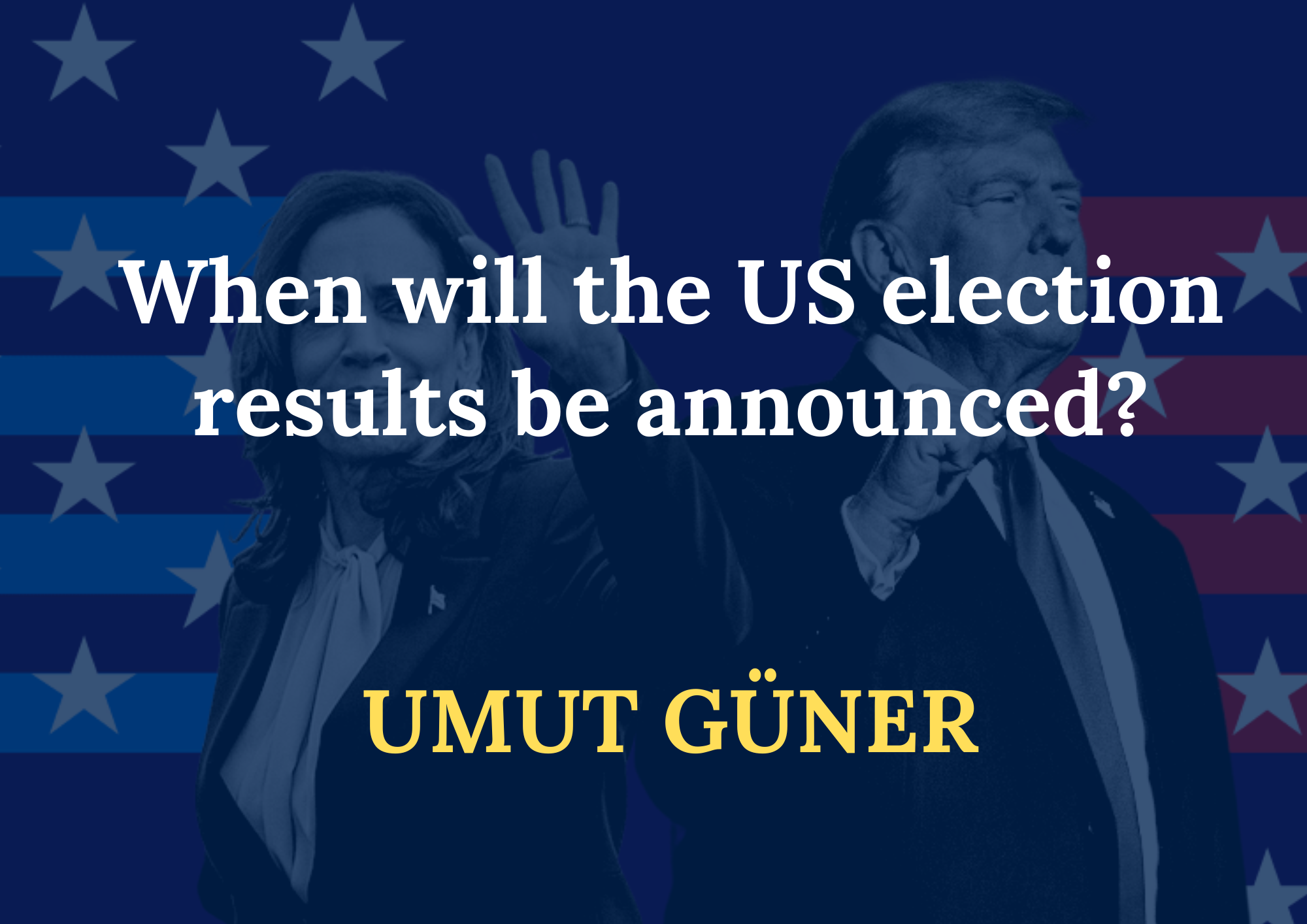As the Russia-Ukraine war approaches its third year, the perception of the war among the Russian people has completely shifted. Moscow has become the epicenter of nationalist sentiments, where victory, power, and displays of strength have surged. Billboards, LED screens, and public buildings in most major cities of the country reflect Putin’s propaganda, which glorifies the war and equates it with victory. Similarly, television broadcasts, print media, and radio programs propagate the discourse of Russian nationalism, framing the war as a national cause.
At the onset of the war, the Russian people harbored significant prejudices against this war, whose purpose and outcome were uncertain. Particularly within the first year of the war, the failure of Russian offensives and the retreat of the Russian army led to great anxiety and concern among the Russian populace. These concerns were compounded by economic hardships and terrorist bombings in Russian cities, making the people keenly feel the magnitude of the tragedy. However, the delay in U.S. and Western aid to Ukraine, Russia’s adaptation to a war economy, and military assistance from countries like Iran, North Korea, and China provided Russia with an opportunity to recover and gain strength. With the addition of Putin’s and the Kremlin’s propaganda efforts, the Russian people began to believe in victory once again. A significant portion of the population, including Russian intellectuals opposed to the occupation, now appears to be lending support to the war. Indeed, the death of Navalny, the most prominent voice of opposition against Putin, has effectively silenced and subdued Russian dissent.
President Putin’s recent reelection for a fifth term has further solidified his image and bolstered his charismatic personality. The resurgence of Russian military offensives and the capture of key Ukrainian cities on the eve of the election boosted Russia’s confidence and contributed to Putin’s cause.
The Kremlin’s propaganda and the resurging hopes of the Russian people essentially form a narrative to mask the negative aspects of the war. While the Russian people may not currently feel the pressure of the war and the political, social, and economic wounds it has inflicted, the future will bear a heavy cost for them. Significant military losses have occurred, with thousands of young Russians having lost their lives. Additionally, a substantial portion of the young population now faces barriers preventing both their participation in the war and their ability to work. The trauma experienced by these young individuals and their families will become a national tragedy for Russia in the future. Furthermore, the Russian military has suffered significant losses in terms of military weapons and equipment. It will take many years for Russia to regain its former powerful military inventory. Similarly, although the Russian people may not currently feel the economic hardships and sanctions imposed, these sanctions will begin to exert pressure on the population in the coming years.
Written by Umut GUNER.



